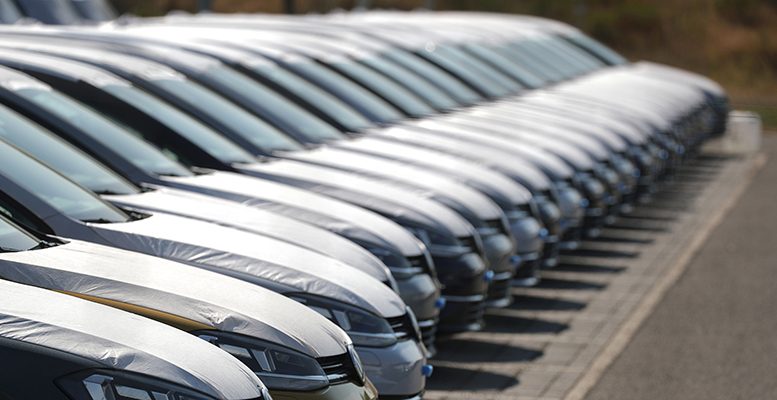Santander Credit Research | So far this year, new registrations are down 42.4%, with a drop of 83.8% in April on top of falls of 55.6% in March, 7.2% in February and 8.2% in January. The United Kingdom, Italy, France and Spain were the most affected markets, with falls of 97.3%, 97.6%, 88.9% and 96.5% respectively, while the decline in Germany was limited to 61.1%. In the premium segment, Daimler suffered the largest drop, at 85.9%, followed by JLR at 85%, VW at 80.3% and BMW at 74.3%. In the volume market segment, FCA sales plummeted 90.4%, Peugeot sales dropped by 85.6% and Renault sales were down 84.4%.
The volume declines in April were accentuated by the containment measures implemented nationally in the five major European markets. April will probably mark a minimal turning point in terms of the intensity of the decline in sales volume. But as European countries begin to relax containment restrictions, attention will now focus on the second-order impacts on consumer demand, as well as the broader economic implications that will underpin any recovery in the near future.
That said, it remains to be seen how fast activity increases in May and June.
Most car companies are forecasting large losses and cash outflows in Q2. In Europe, there is a downwards risk in Q2, as lockdowns have lasted longer than expected in some countries. This has put pressure on the entire automotive value chain. In our view, the extent of the decline in sales (at least in Q2’20) will be even worse than in 2008/09, when many car manufacturers and suppliers were in trouble. GM and Chrysler even filed for Chapter 11 of the US Bankruptcy Act. Standard indicators, as well as the use of temporary job reduction programmes, suggest that the labour cost of the health crisis is serious. We believe that liquidity is probably a less serious problem than when the global financial crisis happened. However, if demand does not recover soon, suppliers could face difficulties, representing an additional risk of disruption for car manufacturers. Therefore, any public stimulus measures aimed at the automotive sector could play a decisive role in the speed and magnitude of the recovery.
All German vehicle manufacturers have voiced demands for car purchase subsidies; let’s remember that this is was a very effective tool in 2009/10. The French Finance Minister, B. Le Maire, already stated on 14 May that France will complete its plans for subsidies to the automotive sector by end-June. Similarly, the UK is considering a scrapping scheme based on CO2 emissions. However, despite all these measures, Santander Credit Research still forecasts that European sales will decline by around 25% anually in 2020.





